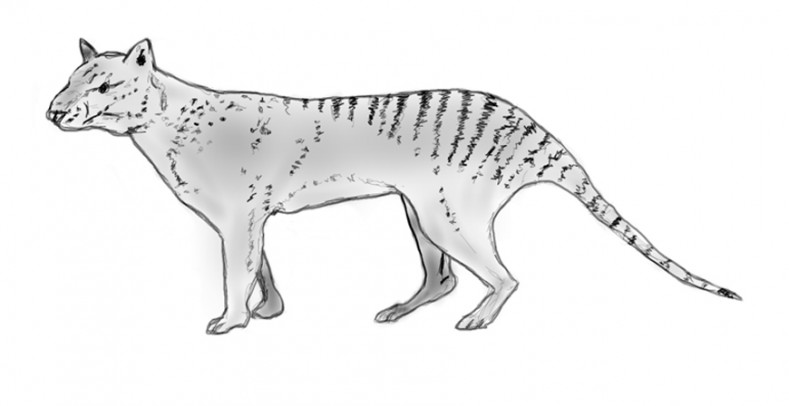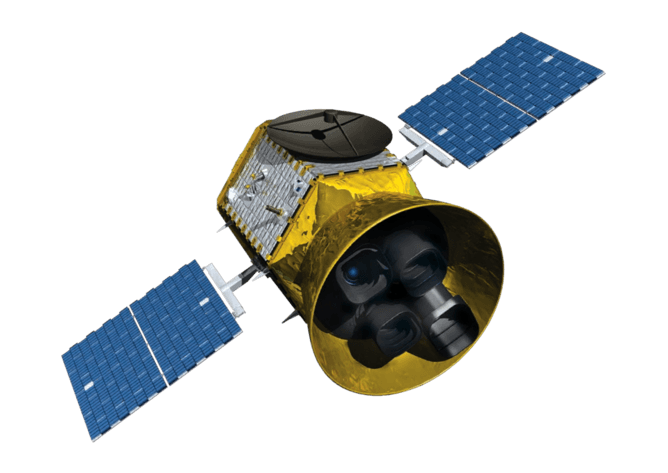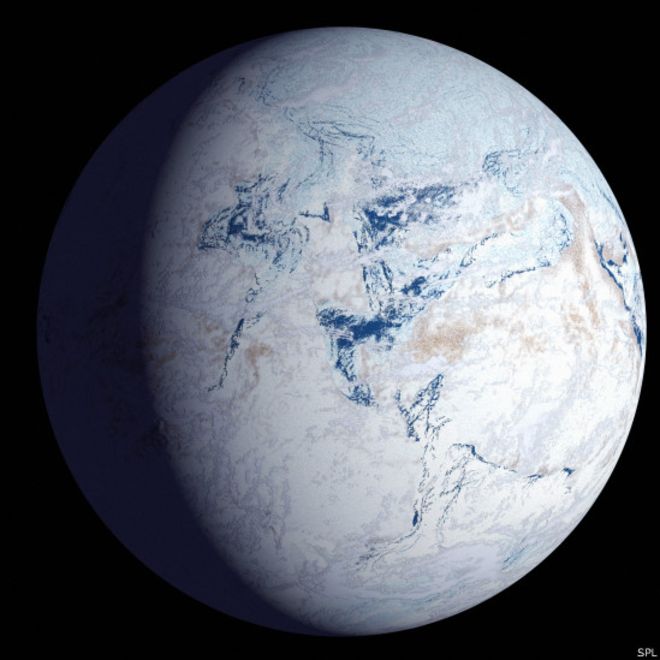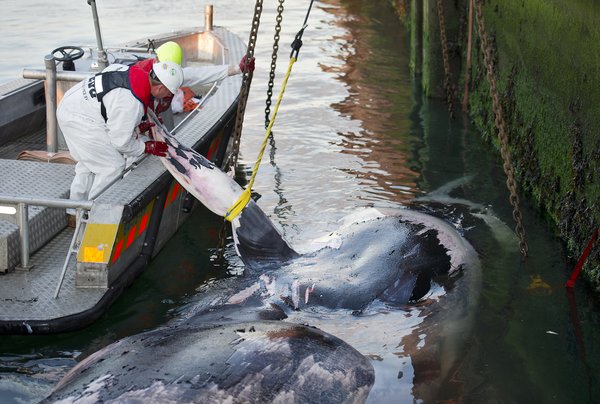Ciencia en los medios
-

El calor y la sequedad del clima han condicionado las lenguas del mundo
La novedosa hipótesis surge del análisis de más de 3.700 lenguas del planeta. Los datos indican que en los lugares más áridos las lenguas son menos complejas tonalmente, mientras que […]
-

Un algoritmo clasifica películas mejor que críticos expertos
La relevancia de una obra artística es subjetiva. Sin embargo, científicos estadounidenses han creado un método estadístico que valora la calidad, el impacto y la influencia de un trabajo creativo. […]
-

Not Just Sea Level Rise: Melting Glaciers Release Vast Amounts of Carbon, Study Finds
As the world warms, glaciers around the world are rapidly hemorrhaging ice and threatening catastrophic sea level rise. But melting glaciers also pose another kind of menace: the release of […]
-

Why the modern world is bad for your brain
In an era of email, text messages, Facebook and Twitter, we’re all required to do several things at once. But this constant multitasking is taking its toll. Here neuroscientist Daniel […]
-

Are earthquakes also earth burps?
Researchers have found that Earth belches a potent greenhouse gas known as tetrafluoromethane (CF4) during earthquakes and other tectonic events. The emissions likely aren’t making a significant contribution to global […]
-

After Kepler, what is next for the planet hunters?
The Kepler telescope is limping. Since 2013, it has not been able to point with sufficient accuracy to planet hunt in its original field, which caused a temporary halt to […]
-

¿Nacieron los animales de un mundo helado o fueron ellos los que congelaron el mundo?
Hasta ahora la explosión cámbrica sigue siendo un enigma. Pero quizá la catástrofe de hielo pueda ayudar a explicarla.
-

Himalaia erliebeari itsatsita zeharkatzen dute antzarek
Tontorretan gora eta haranetan behera, erliebeari itsatsita zeharkatzen dituzte Himalaia eta Tibeteko goi-lautada antzara indiarrek, mendi errusiarraren erako ibilbideak eginez. Hala ondorioztatu du Bangorko Unibertsitateko (Erresuma Batua) ikertzaile batzuek gidatutako […]
-

Ocean Life Faces Mass Extinction, Broad Study Says
A team of scientists, in a groundbreaking analysis of data from hundreds of sources, has concluded that humans are on the verge of causing unprecedented damage to the oceans and […]
